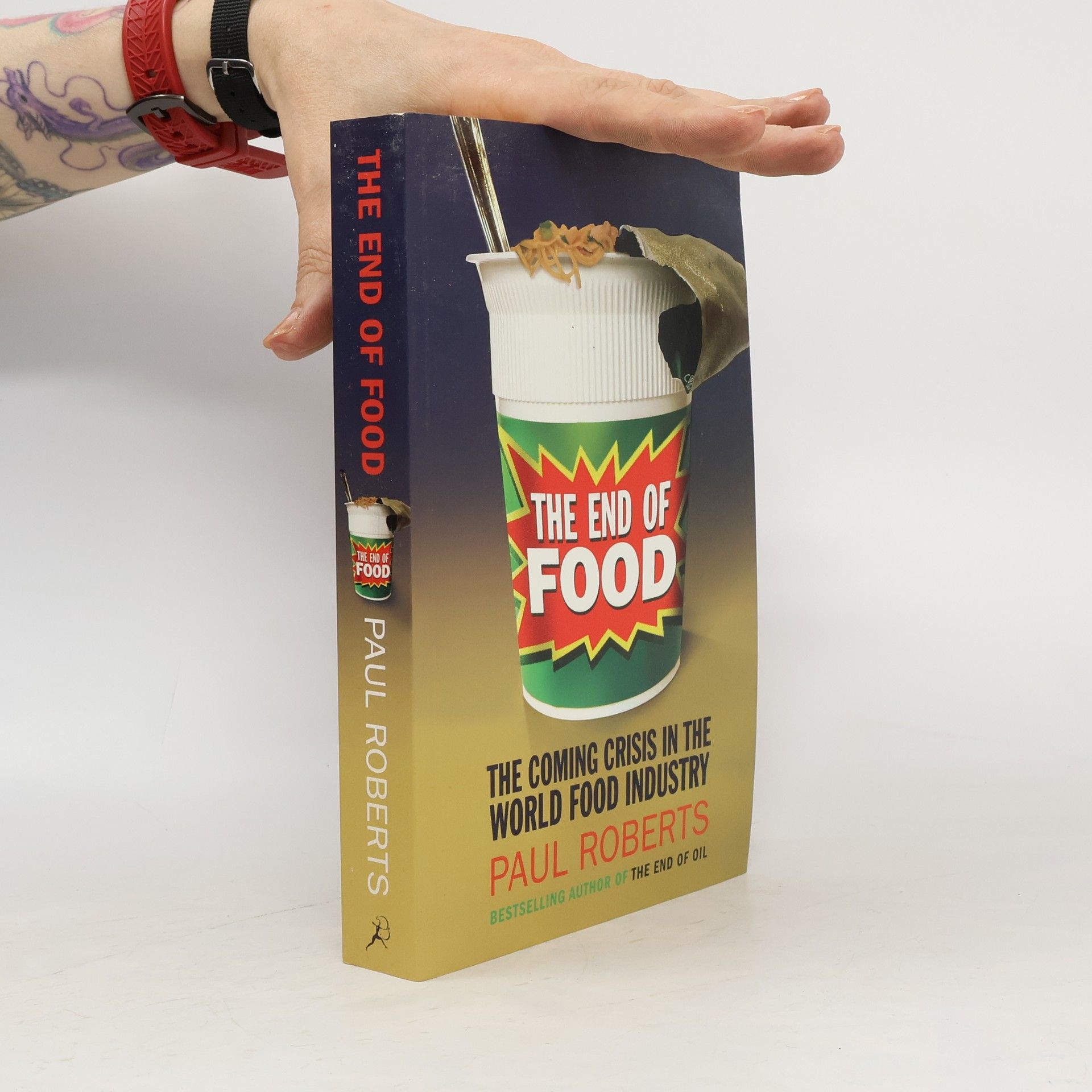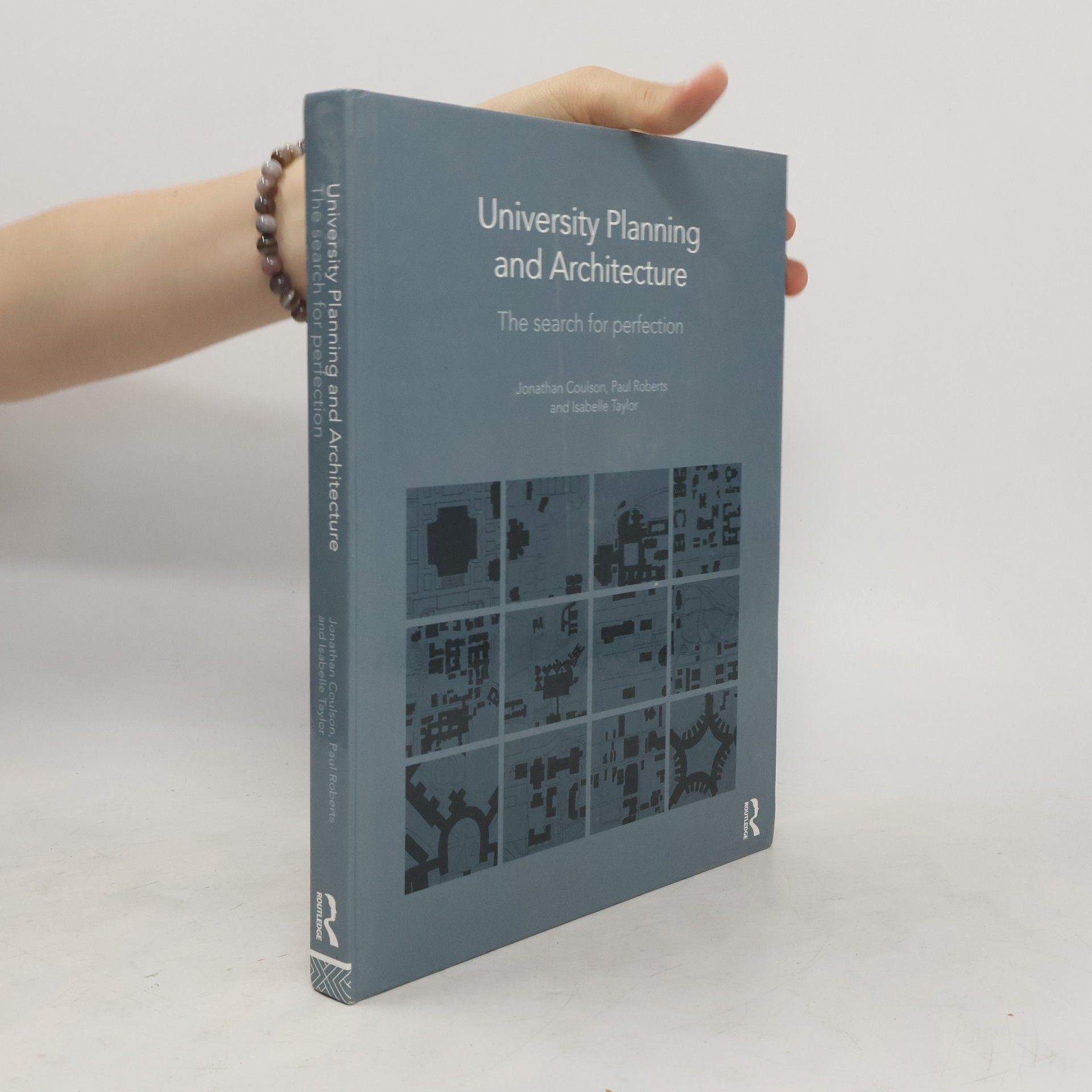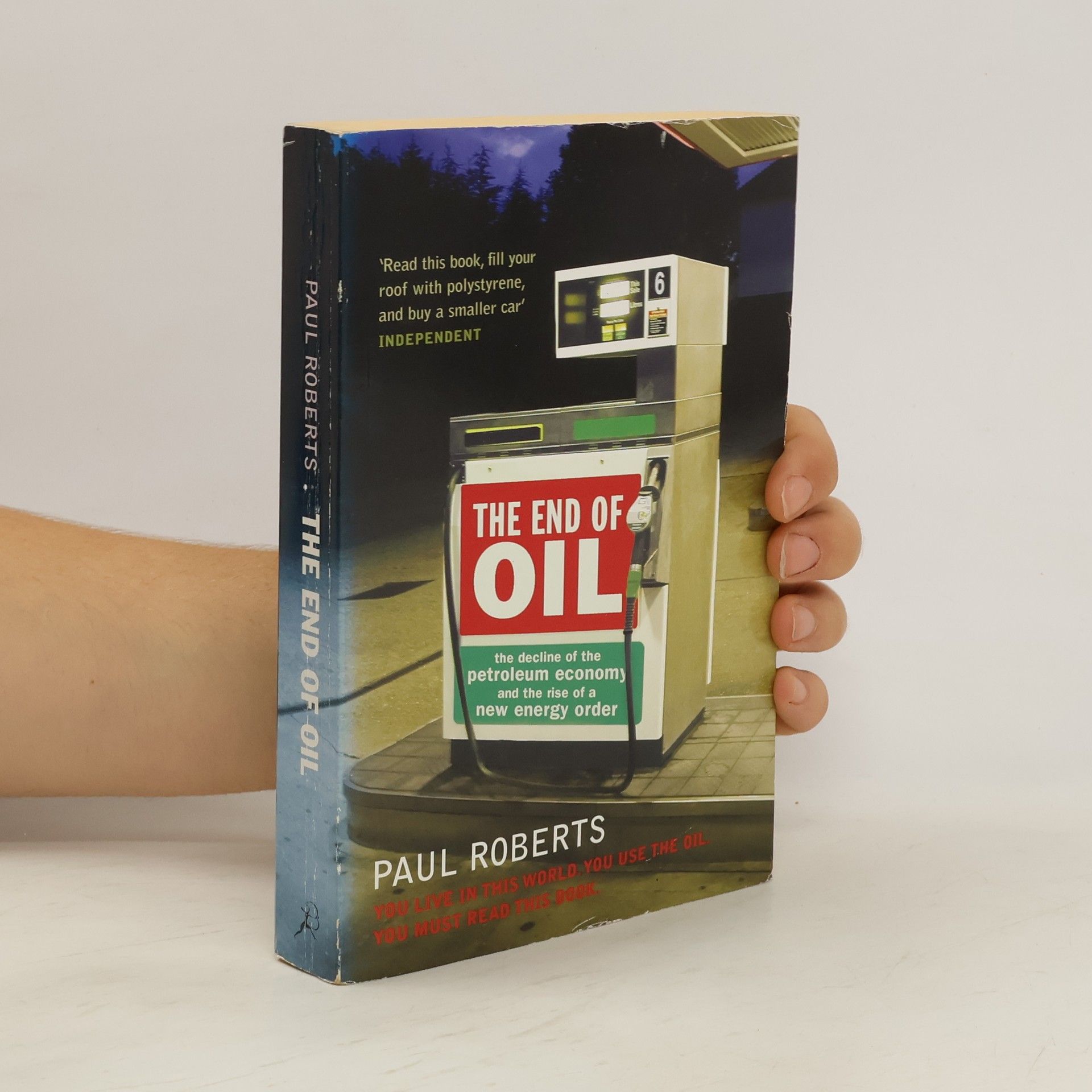The End of Oil
- 416 stránek
- 15 hodin čtení
This title provides a revealing look at our plundering of natural resources, and the trouble we are in when they run out - which could be sooner than we imagine.
Tato autorka zkoumá fascinující a často znepokojivý vztah mezi tržním hospodářstvím a naší individuální identitou. Její práce, která se zabývá tématy od posedlosti technologiemi po politiku narcismu, odhaluje, jak se naše touhy a naše já utvářejí v moderní společnosti. S bystrým postřehem a analytickým přístupem se ponořuje do složitostí současné kultury a nabízí čtenářům hlubší pochopení světa, ve kterém žijeme. Její psaní je výzvou k zamyšlení nad tím, jak konzum a posedlost okamžitým uspokojením ovlivňují naši společnost.



This title provides a revealing look at our plundering of natural resources, and the trouble we are in when they run out - which could be sooner than we imagine.
"This book comprehensively documents the worldwide evolution of university design from the Middle Ages to the present day, uncovering the key developments which have shaken the world of campus planning. A series of detailed and highly illustrated case-studies profile universally acclaimed campuses that, through their planning, architecture and landscaping, have succeeded in making positive contributions to the field. Drawing on these examples, the book turns to the strategies behind campus planning in today's climate. Exploring the importance of themes such as landscape, architecture, place-making and sustainability within university development, the book consolidates the lessons learnt from the rich tradition of campus development to provide a 'good practice guide' for anyone concerned with planning environments for higher education."--Publisher description